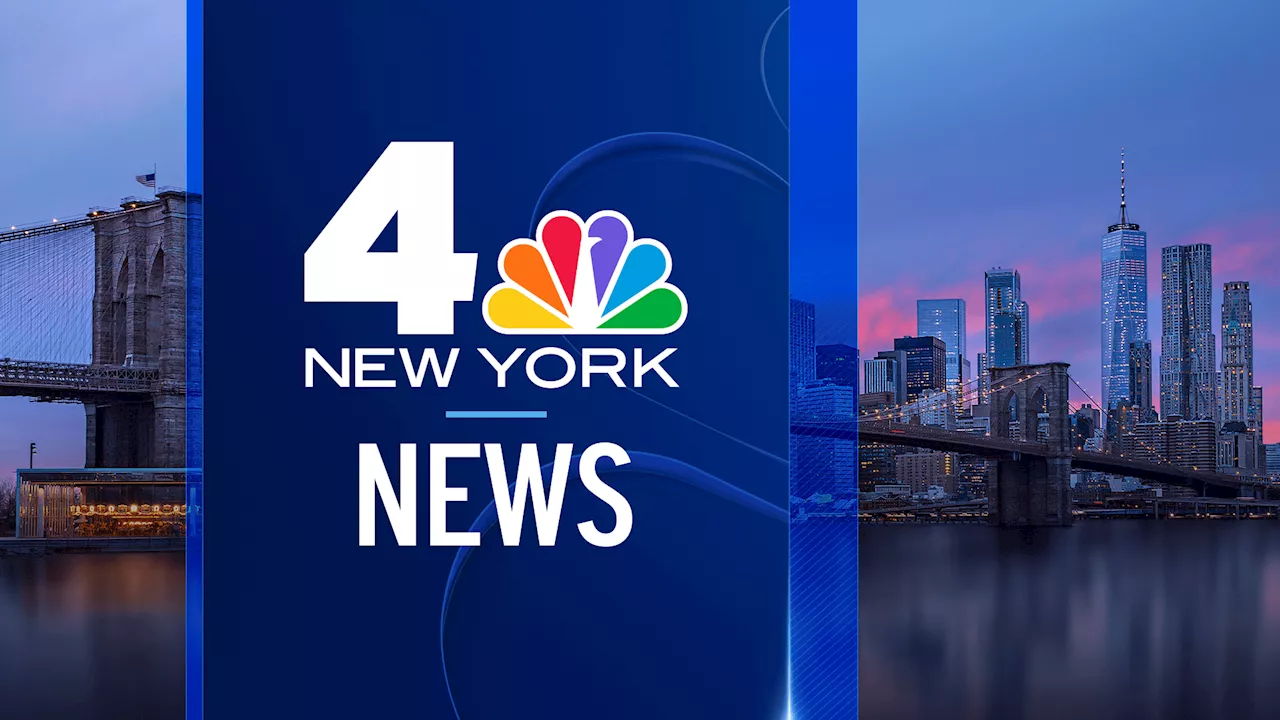New Orleans is still grappling with the long-term consequences of Hurricane Katrina, striving to rebuild homes, restore its population, and protect itself from future storms. The story explores the city's progress, the challenges it faces, and the strategies being implemented to ensure its resilience against future disasters.
The city of New Orleans continues its long and arduous journey of rebuilding and repairing homes damaged in the aftermath of Hurricane Katrina in 2005. The devastating storm flooded hundreds of thousands of homes, claiming the lives of over 1,800 people and displacing millions more. It stands as the costliest tropical cyclone in U.S. history.
'As people started to come back in and redevelop, property values shot up like crazy,' said Calvin Alexander, a long-term resident of the Lower Ninth Ward, one of the city's hardest-hit neighborhoods. Only about one-third of Lower Ninth Ward residents have returned, according to Census Bureau records analyzed by The Data Center. The citywide population hasn't fully recovered either, contributing to the ongoing challenges.Meanwhile, housing prices have surged in areas of the city with higher ground, such as the Holy Cross section of the Lower Ninth Ward, where Alexander resides. He explained to CNBC that the assessed value of his home has increased by approximately 266% since 2005. During the same period, home prices across the metropolitan area have risen nearly 71%, and national home prices have increased by over 84%. The federal and state governments invested over $9 billion to compensate homeowners who either chose to rebuild or abandon their properties.This program, known as the 'Road Home Program,' has faced criticism for its complexity and the disproportionate impact it had on low-income residents. 'Instead of basing settlements on damage to property and estimated cost to rebuild, they threw out all of that data and went with pre-storm property value instead,' said Laura Paul, executive director of lowernine.org, a non-profit organization dedicated to rebuilding and repairing homes in the area. Paul pointed out that relying on pre-storm assessments left lower-income residents with fewer resources to rebuild. The city reports lower household income and higher poverty rates compared to national averages. Many parts of the city remain vulnerable to risks that current insurance rates don't adequately address. In January, the Treasury Department issued a warning that the federal government, in collaboration with the state of Louisiana, spent approximately $15 billion rebuilding a network of drainage canals, water pumping stations, and levees designed to protect local homes from future storms. Ironically, certain aspects of these engineering systems may contribute to the region's land subsidence problem. Nevertheless, the state perceives a positive economic impact from the investments in storm protection. Particularly in a city with significant cultural and commercial institutions, such as the French Quarter, the economic benefits are substantial. 'We're getting $7 of benefit for every dollar we spend on these hurricane protection systems,' said Glenn Ledet, executive director of the Coastal Protection and Restoration Authority. The state anticipates spending $50 billion over the next 50 years to maintain the hurricane and storm damage risk reduction system in optimal condition. Officials have also set an ambitious goal to elevate approximately 4,000 homes across the state in the coming years. Watch the video above to learn more about how New Orleans is rebuilding in the face of ongoing flood risks
Disaster Recovery Natural Disasters U.S. News HURRICANE KATRINA NEW ORLEANS REBUILDING HOUSING MARKET FLOOD RISK LAND SUBSIDENCE ECONOMIC IMPACT DISASTER RECOVERY COMMUNITY RESILIENCE INFRASTRUCTURE STORM PROTECTION COASTAL PROTECTION SOCIAL INEQUALITY LOW-INCOME RESIDENTS
United States Latest News, United States Headlines
Similar News:You can also read news stories similar to this one that we have collected from other news sources.
 Six Flags Complex in New Orleans Demolished Two Decades After Hurricane KatrinaThe Six Flags amusement complex in New Orleans is being torn down, two decades after it was devastated by Hurricane Katrina in 2005. The demolition marks a new chapter for the site, which has remained a poignant reminder of the hurricane's impact. Bayou Phoenix, the development company, plans to transform the area into a family-friendly destination with a waterpark, sports complex, entertainment center, and hotels.
Six Flags Complex in New Orleans Demolished Two Decades After Hurricane KatrinaThe Six Flags amusement complex in New Orleans is being torn down, two decades after it was devastated by Hurricane Katrina in 2005. The demolition marks a new chapter for the site, which has remained a poignant reminder of the hurricane's impact. Bayou Phoenix, the development company, plans to transform the area into a family-friendly destination with a waterpark, sports complex, entertainment center, and hotels.
Read more »
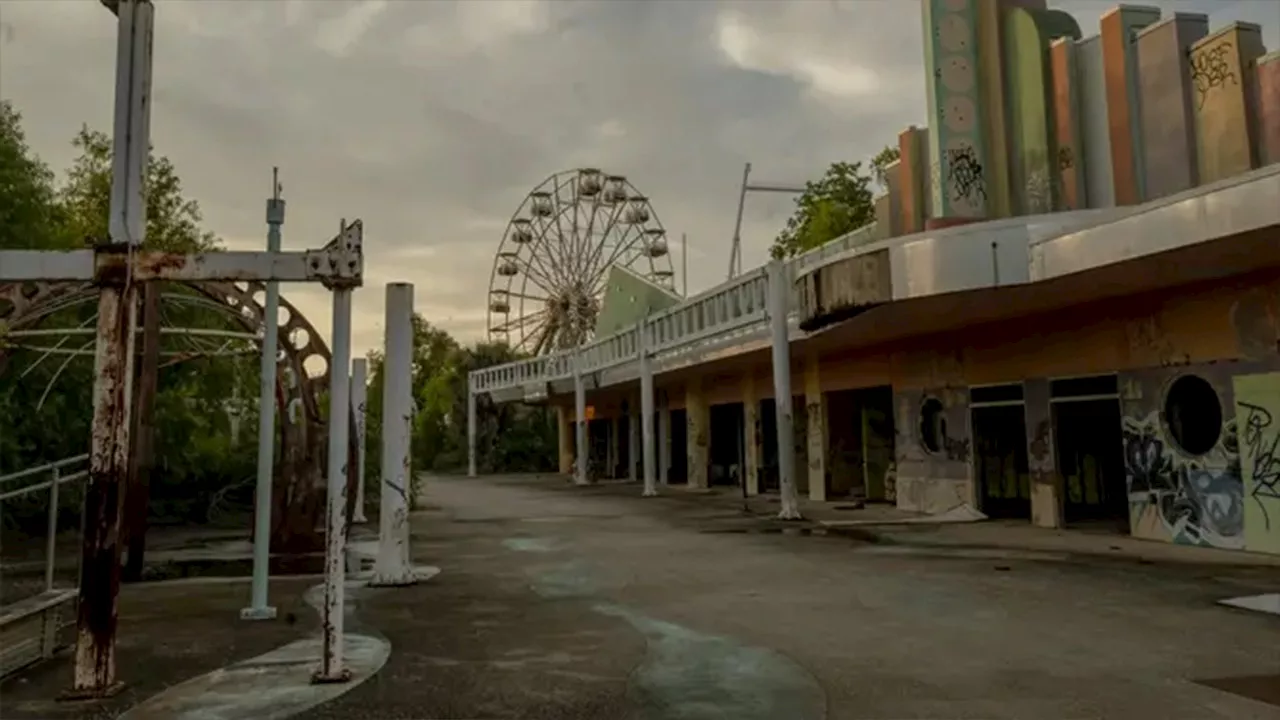 Demolition underway at New Orleans Six Flags amusement park abandoned after Hurricane KatrinaMany remember the devastation of Hurricane Katrina that devoured the city of New Orleans in 2005, leaving the Six Flags Complex in Eastern New Orleans in shambles.
Demolition underway at New Orleans Six Flags amusement park abandoned after Hurricane KatrinaMany remember the devastation of Hurricane Katrina that devoured the city of New Orleans in 2005, leaving the Six Flags Complex in Eastern New Orleans in shambles.
Read more »
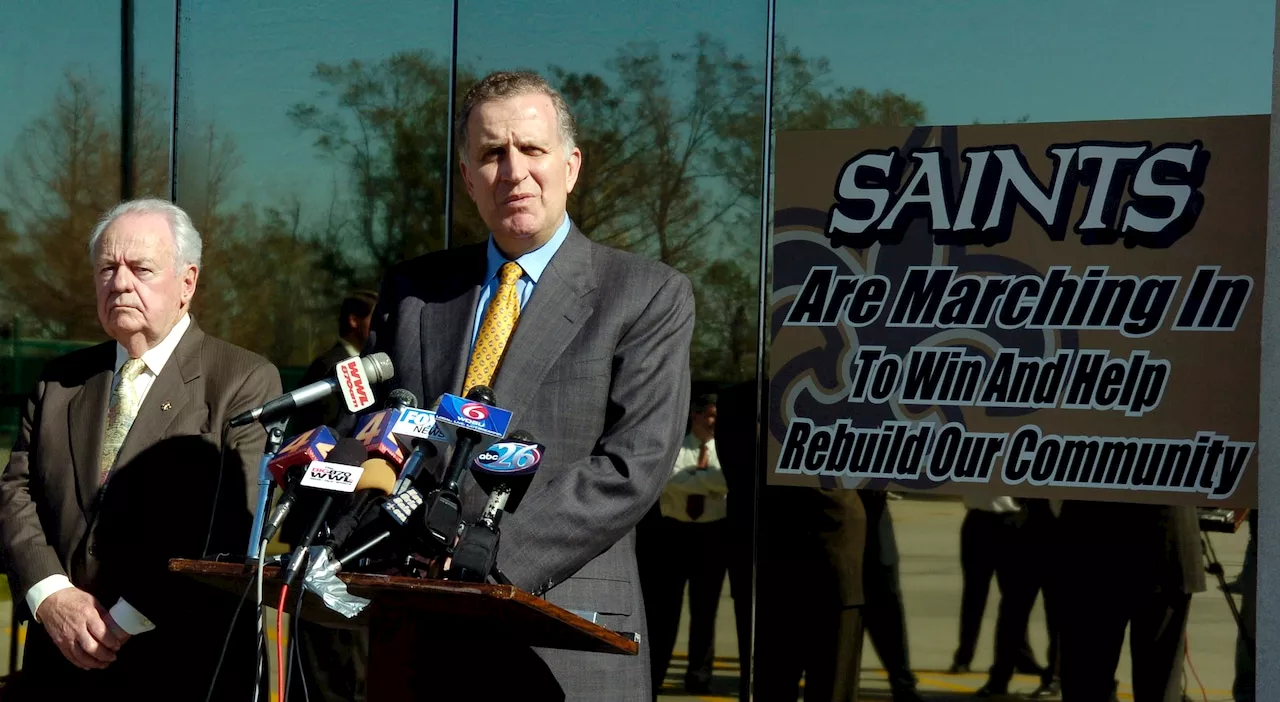 Saving the Superdome: Paul Tagliabue's Commitment to New Orleans After KatrinaThis article recounts the extraordinary efforts of NFL Commissioner Paul Tagliabue to ensure the New Orleans Saints remained in the city following the devastation of Hurricane Katrina. It highlights Tagliabue's unwavering belief in the city's resilience and his dedication to supporting its community during a time of immense crisis. The article details the key meetings, negotiations, and collaborations that ultimately led to the Saints' triumphant return to the Superdome.
Saving the Superdome: Paul Tagliabue's Commitment to New Orleans After KatrinaThis article recounts the extraordinary efforts of NFL Commissioner Paul Tagliabue to ensure the New Orleans Saints remained in the city following the devastation of Hurricane Katrina. It highlights Tagliabue's unwavering belief in the city's resilience and his dedication to supporting its community during a time of immense crisis. The article details the key meetings, negotiations, and collaborations that ultimately led to the Saints' triumphant return to the Superdome.
Read more »
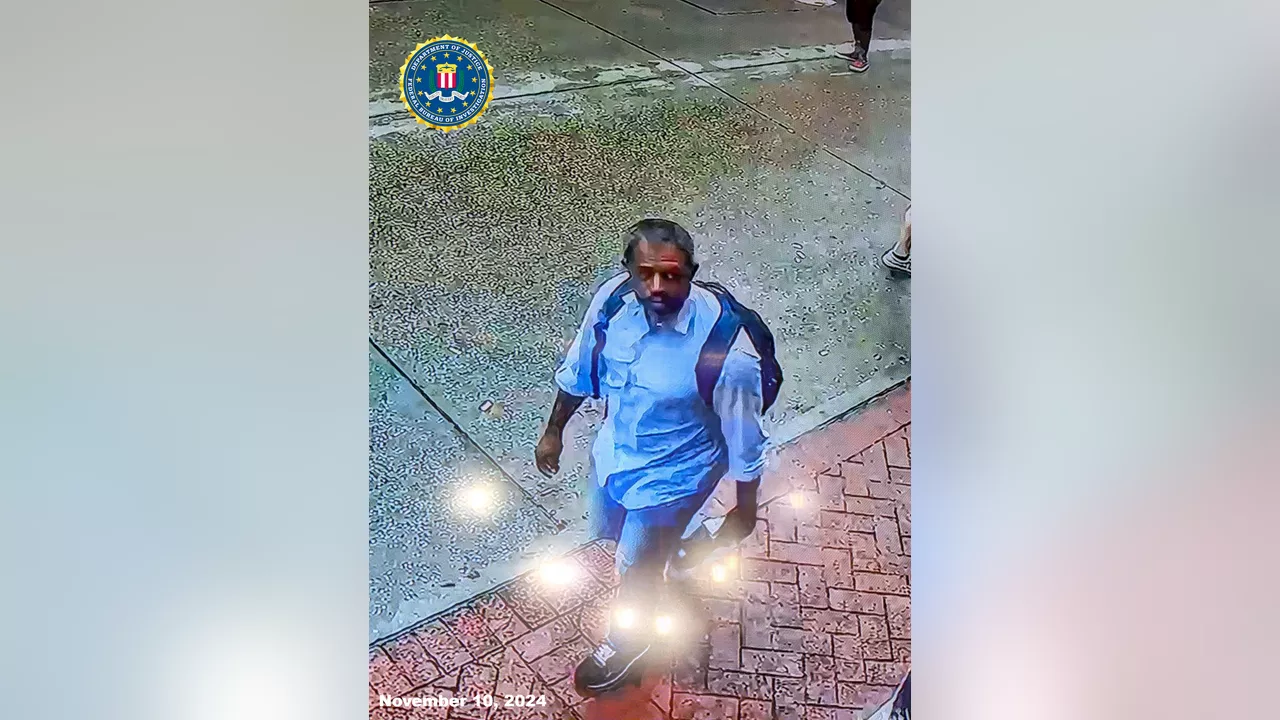 FBI Releases New Details on New Orleans Attack Motivated by ISIS SupportersThe FBI is investigating the New Year's Day attack in New Orleans where a man drove a truck into a crowd, killing 14 people and injuring 57 others. Shamsud-Din Jabbar, the attacker, was killed in a shootout with police. The investigation revealed Jabbar's increasing radicalization and support for ISIS.
FBI Releases New Details on New Orleans Attack Motivated by ISIS SupportersThe FBI is investigating the New Year's Day attack in New Orleans where a man drove a truck into a crowd, killing 14 people and injuring 57 others. Shamsud-Din Jabbar, the attacker, was killed in a shootout with police. The investigation revealed Jabbar's increasing radicalization and support for ISIS.
Read more »
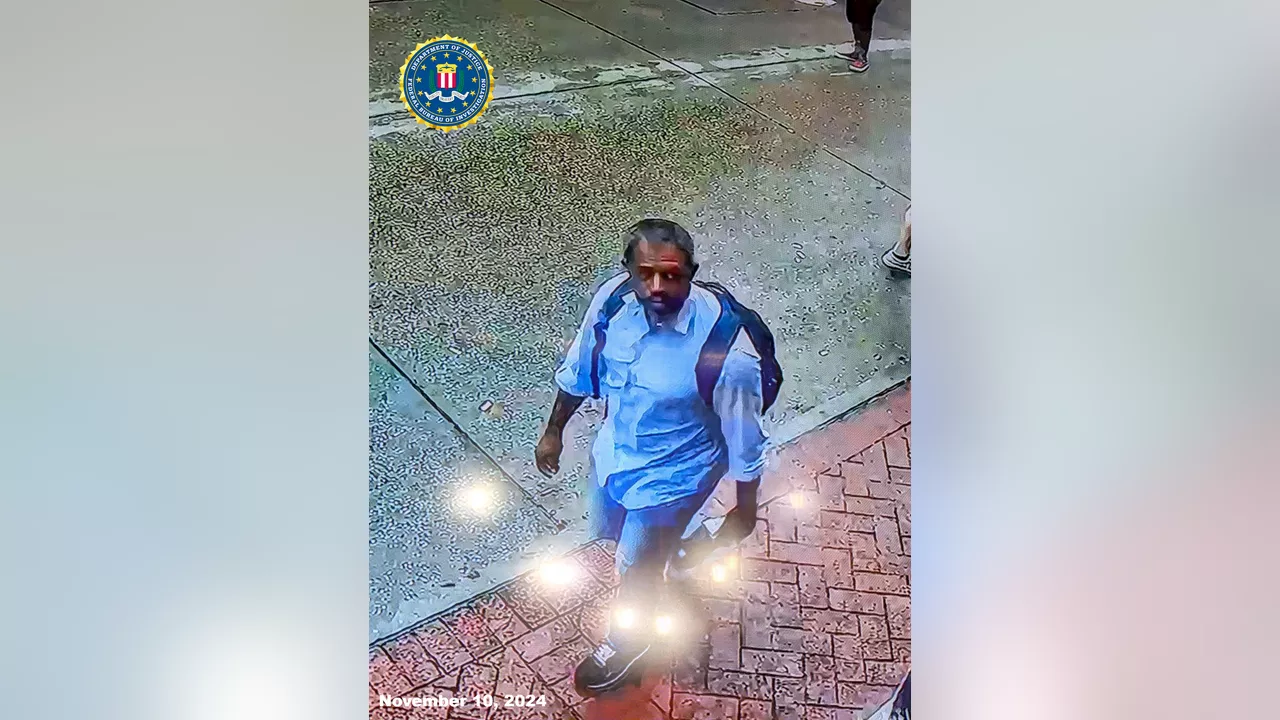 New Details Emerge in New Orleans Truck Attack InvestigationThe FBI releases new information about the suspect's movements and online activity leading up to the deadly attack on Bourbon Street.
New Details Emerge in New Orleans Truck Attack InvestigationThe FBI releases new information about the suspect's movements and online activity leading up to the deadly attack on Bourbon Street.
Read more »
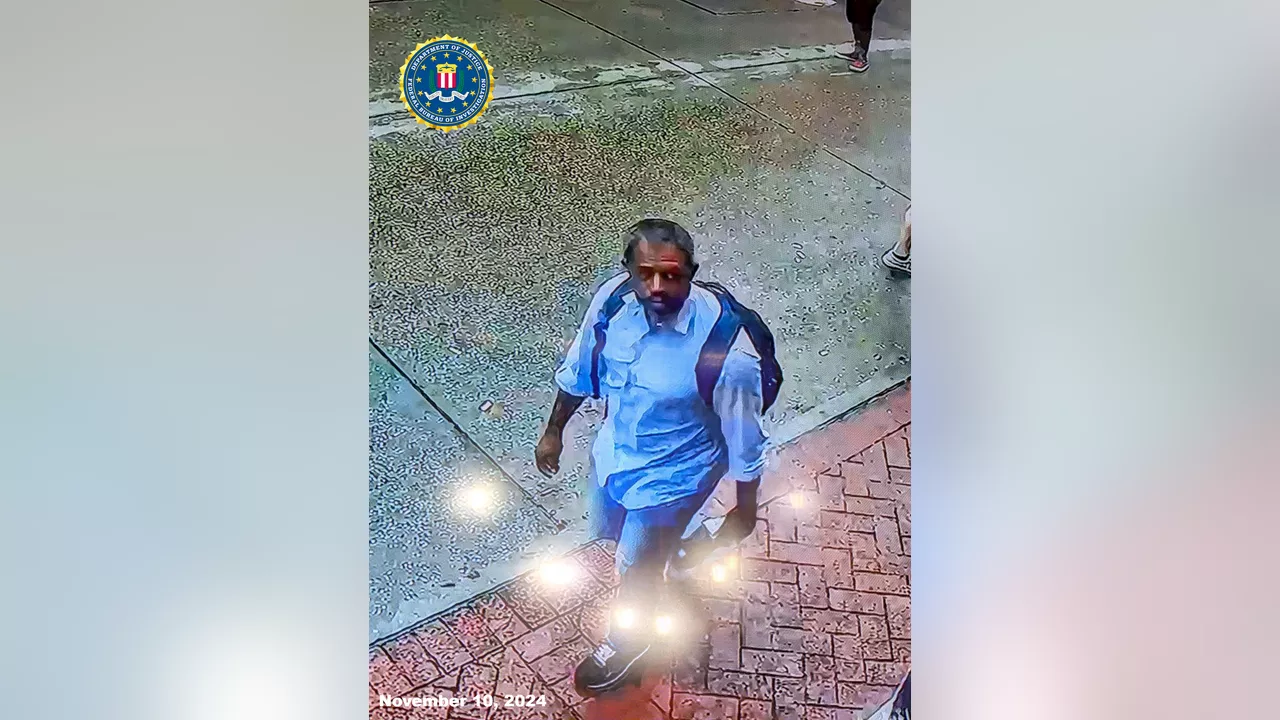 FBI Releases New Details in Deadly New Orleans Truck AttackThe FBI is providing more information about the investigation into the New Year's Day attack in New Orleans where a man intentionally drove his truck into a crowd, killing 14 and injuring 57. Details about the suspect's online activity and movements leading up to the attack are being released.
FBI Releases New Details in Deadly New Orleans Truck AttackThe FBI is providing more information about the investigation into the New Year's Day attack in New Orleans where a man intentionally drove his truck into a crowd, killing 14 and injuring 57. Details about the suspect's online activity and movements leading up to the attack are being released.
Read more »
